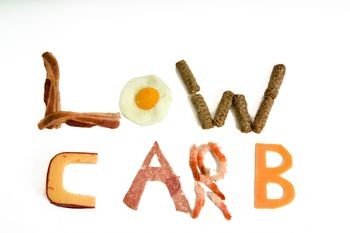
Carbohydrates are our body’s source of energy. Found in almost everything we eat, from fruit and vegetables to fish and even meat, we need carbohydrates in our diet to fuel us. However, many of us eat too many carbohydrates or do not live active-enough lifestyles to warrant the amount of carbs we consume.
This is exacerbated by the modern diet, particularly in America where the land of plenty now incorporates junk food, processed foods, white carbohydrates and excess sugar into its daily diet. This has been a contributing factor to American and much of the western world’s ‘Obesity Problem’.
Low carb diets are designed to restrict the carbohydrates you consume; targeting ‘white carbs’ (processed flour and starch-ridden ingredients) and sugars to ensure you still have enough carbs in your diet – but making sure they’re slow burners.
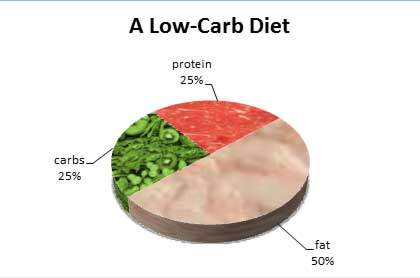
Contents
So How Do Low Carb Diets Work?
Low carb diets tend to avoid simple carbohydrates, or replace them with a combination of complex-carbs, protein and (to a lesser extent) fat. They shot to fame with the Atkins Diet and best-selling book ‘The Four Hour Body’ by Tim Ferris, and have also been incorporated into many other diets including the South Beach Diet and Slow Carb Diet; but are they really that new?
The answer lies in diets such as ‘the caveman diet’ and ‘paleo diet’ – these diets revert our eating habits back to what the human race has relied on for years; fresh fruit, vegetables, eggs, seeds, nuts, fish and meat. Eating a diet lower in carbohdrates, especially simpler processed carbs, and one higher in protein and complex carbs is what humans have evolved to eat over millennia.
Low carb programs typically recommend to dieters obtain between 30% and 50% of their total calories from protein. Ask a body-builder “how do you like your eggs in the morning?” and, if they’re not in a weight-gaining phase (where they’ll eat so much pasta your eyes would pop out of your head!) they’ll tell you something along the lines of “with more eggs, low-sugar beans, bacon, a protein shake…and maybe some mushrooms, tomatoes and supplements”.
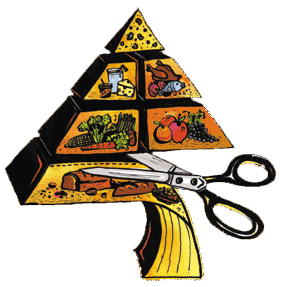
It can be tricky getting high proportions of protein into your diet! But avoiding excess carb-errific calories and swapping them with protein does boost fat-loss, accelerate your metabolism, increase muscle growth and repair of all our cells. Proteins are essential!
We can learn from body-builders, but remember you’ll almost certainly not need as many calories or quite so much protein as they do. You also probably don’t want to include excess supplements in your diet – consider natural alternatives instead!
How Do Bodies Process Carbohydrates?
When you eat carbohydrates, your pancreas secretes insulin, the hormone that enables you to digest starches and sugars. Carbohydrates are first broken down into more simple carbohydrate chains, and your body then converts these to glucose.
Eating simple carbohydrates such as sugars (even from fruit) requires less carbohydrate processing compared to complex carbs: your body breaks them down into glucose much quicker, requiring higher insulin secretion and giving your body glucose to use much faster. This can be useful, if you’re feeling low on energy – for instance, during long periods of activity. However, more often than not our body doesn’t need all this much energy straight away.
Initially, your body experiences an ‘insulin spike’ and a peak in blood glucose levels. This often makes us feel like we have a boost in our energy, which we do; but it’s short lived. Shortly afterwards, you’ll feel an energy drop as your blood sugar levels return to normal. Your body doesn’t just jettison unwanted blood glucose: instead, it converts it into the unsightly energy stores of body-fat.
Those of you who suffer with a metabolic disorder such as diabetes must be extra careful, as your body struggles to produce enough insulin. Diabetics must be extra careful not to take in more carbs than needed, as if there are excess levels of blood sugar their bodies cannot easily get this under control; leading to dizziness or even falling into a diabetic coma.
Unlike simple carbohydrates, complex carbs take longer for your body to digest. These foods release energy slowly into your body, meaning you feel fuller and more energetic for longer after eating them. They also require more energy to digest and are less likely to be converted into fat reserves.
Why limit carbohydrates – what are the benefits and who will low carb diets help?
Most of you could benefit from a low carb diet – especially diabetics, people with high blood sugar (showing the early warning signs of diabetes), people seeking to shift unwanted excess fat. Even if you’ve got an apparently healthy body, people on low carb diets often feel happier and more energetic than before they started them.
So, what are the benefits of a low carb diet? Three of the key reasons many people choose a low carb diet are:
- Aiding weight-loss: low carb diets help reduce our appetite, as our metabolism stops screaming out for more glucose after a carb-ridden meal or snack. Eating fewer carbohydrates means our bodies require less sodium (salt), and in the first few weeks of a low carb diet your body will shed water stores as they’re no longer required.
- Targeting bad fats: low carb dieters often find their body’s target fat reserves in our abdomen, helping them have refined waists and healthier organs. They also typically have lower concentrations of triglycerides in their blood: due to sugars being one of the main drivers behind high triglyceride levels.
- Reduced blood sugar and pressure: not only do low carb diets reduce blood sugar levels, lowering your body’s need for insulin, scientific studies have also shown low carb diets reduce hypertension (high blood pressure).
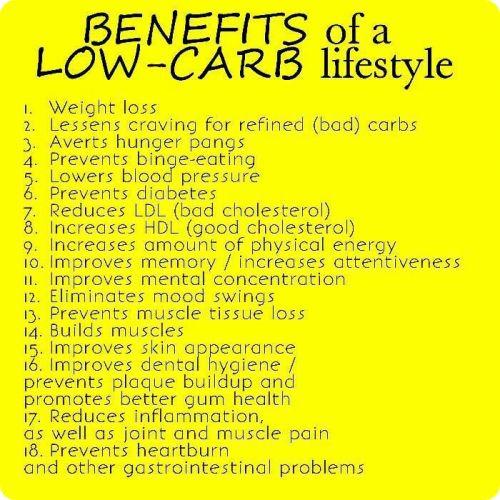
What Foods Contain Simple Carbohydrates?
Many of the foods you might consider healthy such as carrots, potatoes, and white bread include simple carbs. By reducing these foods and ensure you include complex carbs within your diet such as those found in vegetables, beans and pulses plus a few whole-grains oats and whole-wheat will have huge and positive impacts on your health, weight and happiness.
If you’re unsure which foods are ‘slow burners’ and which are ‘energy boosters’, try looking at The Glycemic Index (GCI). This ranks foods according to how quickly your body converts their energy into blood glucose.
Hitting the low carb sweet-spot and avoiding ‘starvation mode’
When your body needs energy, it’ll follow a hierarchy when choosing where to obtain energy from. Firstly, it’ll focus on food in your digestive tract (carbs, followed by fat and protein). Your body then consumes glycogen reserves stored in our liver and muscle cells (the first of your body’s energy batteries).
Once your body has exhausted energy in your digestive tract and its glycogen reserves, it’ll then start breaking down fatty acids stored in body fat. This is the sweet-spot for losing fat, and explains how the low carb diet really helps to lose weight. With fewer carbs, your body has less energy within the digestive tract and lower glycogen reserves: meaning you start entering the fat burning zone faster.
However, you must be careful. If you continue and push past the fat-burning zone, your body starts breaking down bodily tissue and lean muscle to replenish glucose levels. This is known as starvation mode, as your body starts conserving what little it has left. Your body will stop burning body fat at such positive levels and start undoing all your hard work, leaving you feeling less energetic and focussed, and your body stops burning body-fat.
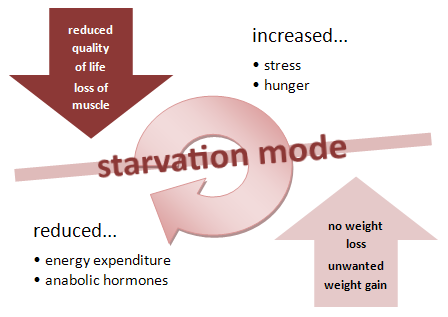
Final Words of Wisdom
As with any change in your lifestyle, you should keep a diary of your diet and other contributing factors to your health. This should include your weight, moods, energy levels, how you feel about and photos of yourself, high-intensity and low-intensity exercise. Try starting the diary before the diet, so you can benchmark yourself.
If you dramatically change your diet from a high to a low carb diet, you may experience noticeable drops in your energy and concentration levels. If so, you might need to reintroduce some complex carbs. Tapering the changes through a slowly transition period will help alleviate these symptoms.
As you’ll probably be increasing protein consumption, try to focus on leaner healthier proteins. These include fish, legumes, lean white meat (chicken and turkey, for instance) and eggs (though no more than three yolks a day, otherwise you risk higher bad cholesterol levels).
A final tip is one of swapping. Swap white processed carbs for their wholemeal equivalents, such as brown bread and wholemeal pasta; and swap carb-filled snacks with seeds and nuts. You can also consider foods that increases metabolism.